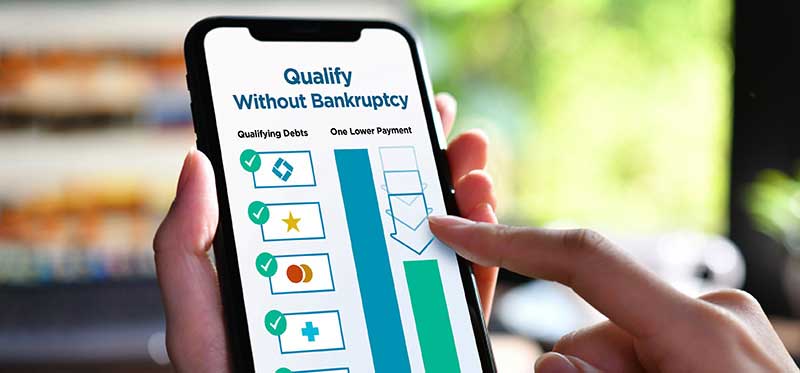California-Specific Matters (effective January 1, 2020)
We are based in California and therefore may be subject to the California Consumer Privacy Act of 2018 even with respect to persons who visit our website(s) from other locations. In that context, you may be entitled under that Act (the "CCPA") to request the following as and to the extent they apply to us:
- the categories of personal information that we collect about you;
- the categories of such personal information that we have sold to third parties;
- the categories of such third parties to whom we have sold such information;
- the categories of personal information that we have disclosed to third parties that are not covered by the above;
Our webpages allow you to authorize us to collect such personal information and to disclose it to another party so that we can provide you the service(s) you request. We may receive a referral fee for doing so, which might be construed as "selling" your information even if only for the specific purpose that you have otherwise authorized. Thus, you may also be entitled under the CCPA to direct us to refrain from selling such personal information. Moreover, you may be entitled under the CCPA to request that we delete personal information you have provided to us when visiting one of our webpages.
To exercise any of the rights under the CCPA described above, please use the links below. Alternatively, you may send an email message to us at [email protected] stating that you want to exercise your rights under the CCPA. To protect you against misuse of your email and/or phone number, we will ask you to provide additional information verifying that the person making the request really is you or is an authorized agent of you before implementing your request under the CCPA.

